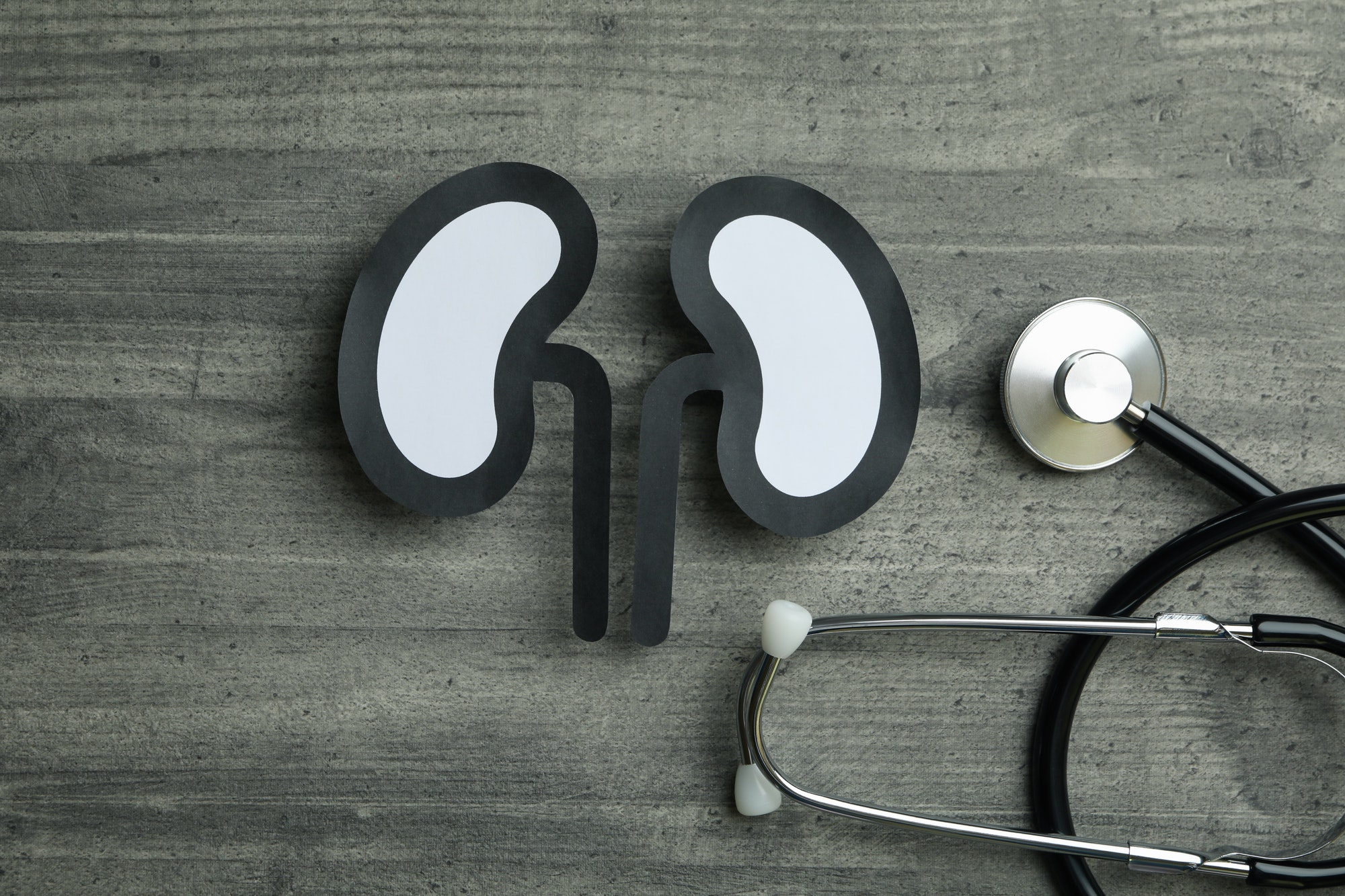Urinary incontinence is loss of bladder control. Symptoms can range from mild leaking to uncontrollable wetting. It can happen to anyone, but it becomes more common with age. Most bladder control problems happen when muscles are too weak or too active. If the muscles that keep the bladder closed are weak, the patient may have accidents when sneezing, laughing, or lifting a heavy object. This is stress incontinence. If bladder muscles become too active, the patient may feel a strong urge to go to the bathroom when having little urine in your bladder. This is urge incontinence or overactive bladder. There are other causes of incontinence, such as prostate problems and nerve damage. Treatment depends on the type of problem and the patient’s lifestyle. It may include simple exercises, medicines, special devices or procedures prescribed by your doctor, or surgery.
A urological exam for a patient complaining of urinary incontinence may include one or more tests that involve filling the bladder with warm fluid to measure the pressure at which leakage may occur.
There are several treatment choices. Some treatments are as simple as changing some daily habits. Other treatments require taking medicine or therapy. Your urologist will provide the best treatment options.


